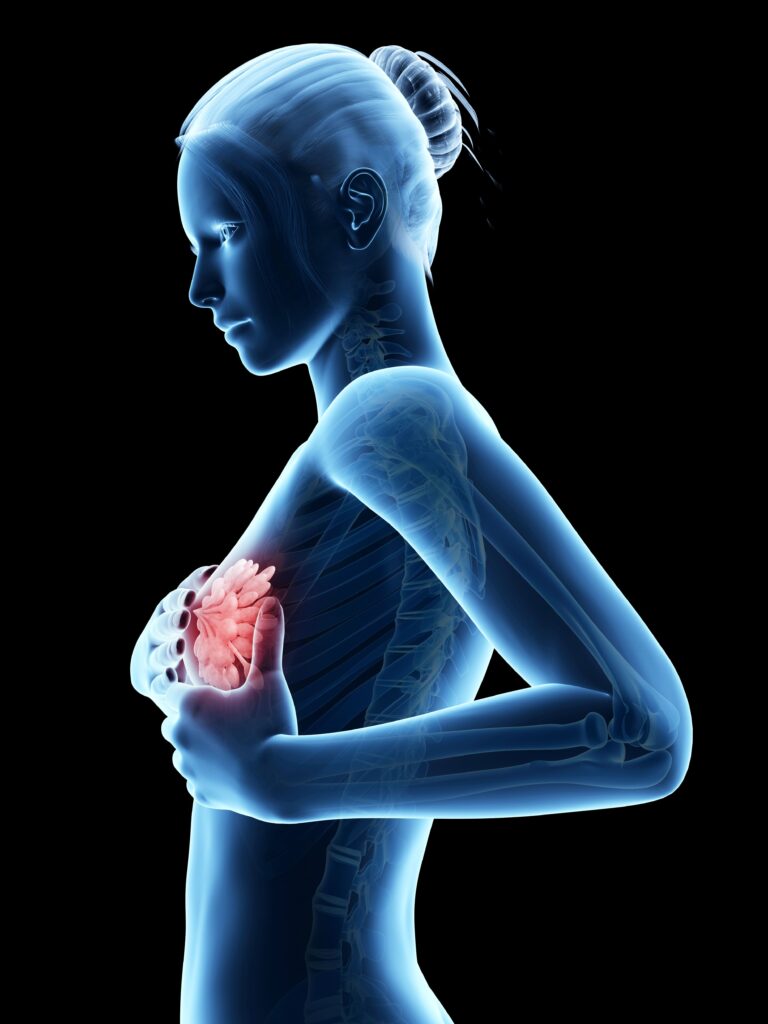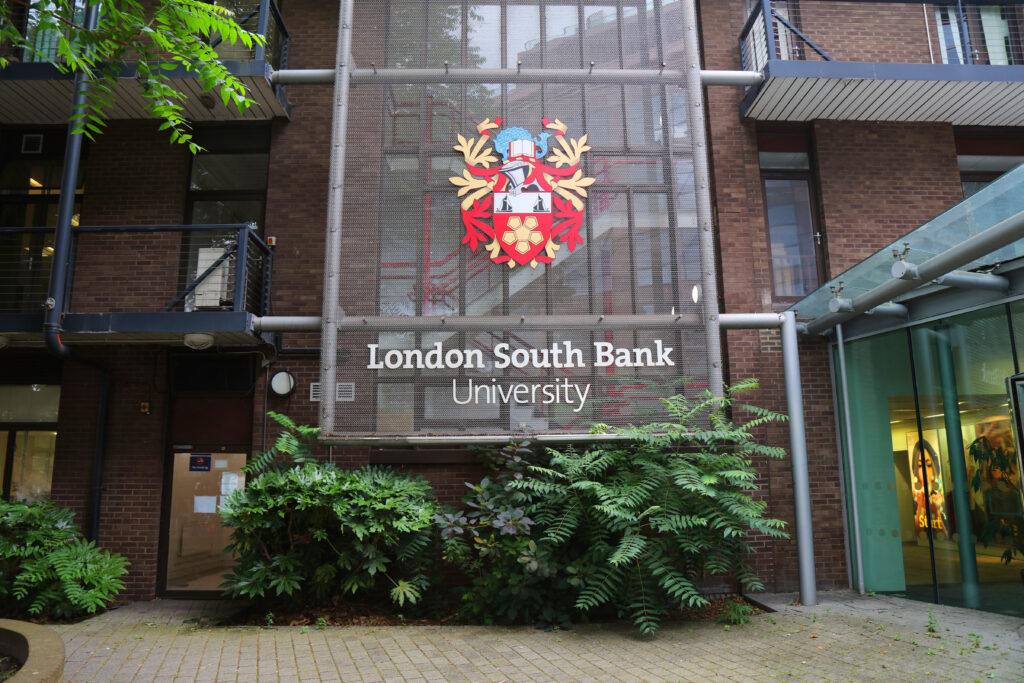Certain DNA mutations can significantly increase the risk of breast cancer and individuals with a first-degree relative (parent, sibling, or child) diagnosed with breast cancer may be at a higher risk of developing the disease when compared to the general population. While there’s no guaranteed way to prevent breast cancer, certain factors can be managed to reduce risk, and early detection significantly improves treatment outcomes. If you are worried about a possible family history of breast cancer, we recommend the following:
1. Learn more about your family health history: Find out if close relatives (parents, siblings, grandparents, aunts/uncles) have had breast or ovarian cancer, especially at a young age.
2. Talk to a Doctor: A healthcare professional can assess your risk based on your family history and recommend the next steps.
3. Consider genetic testing: If multiple family members have had breast cancer, a doctor may suggest genetic testing for mutations in genes like BRCA1 or BRCA2.
4. Get screened regularly: If you’re at high risk, you may need earlier or more frequent screenings (such as mammograms, MRI scans, or microwave imaging).
5. Discuss preventive options with your doctor: Some medication can lower breast cancer risk and preventive surgery (like a mastectomy) may be an option.
6. Maintain a healthy lifestyle: Exercise, eat well, avoid smoking and limit alcohol. A healthy lifestyle can reduce overall cancer risk even if you have a genetic predisposition.
For more information about hereditary cancer, visit the EVITA Association website where you will find information about common hereditary cancer syndromes, a glossary of technical terms and additional downloadable support materials. EVITA has recently launched a digital platform aimed at fostering collaboration between citizens, the medical community and scientific researchers, with a focus on hereditary cancer. To contribute to research or to connect with others, visit EVITA Platform and register to join the community.





